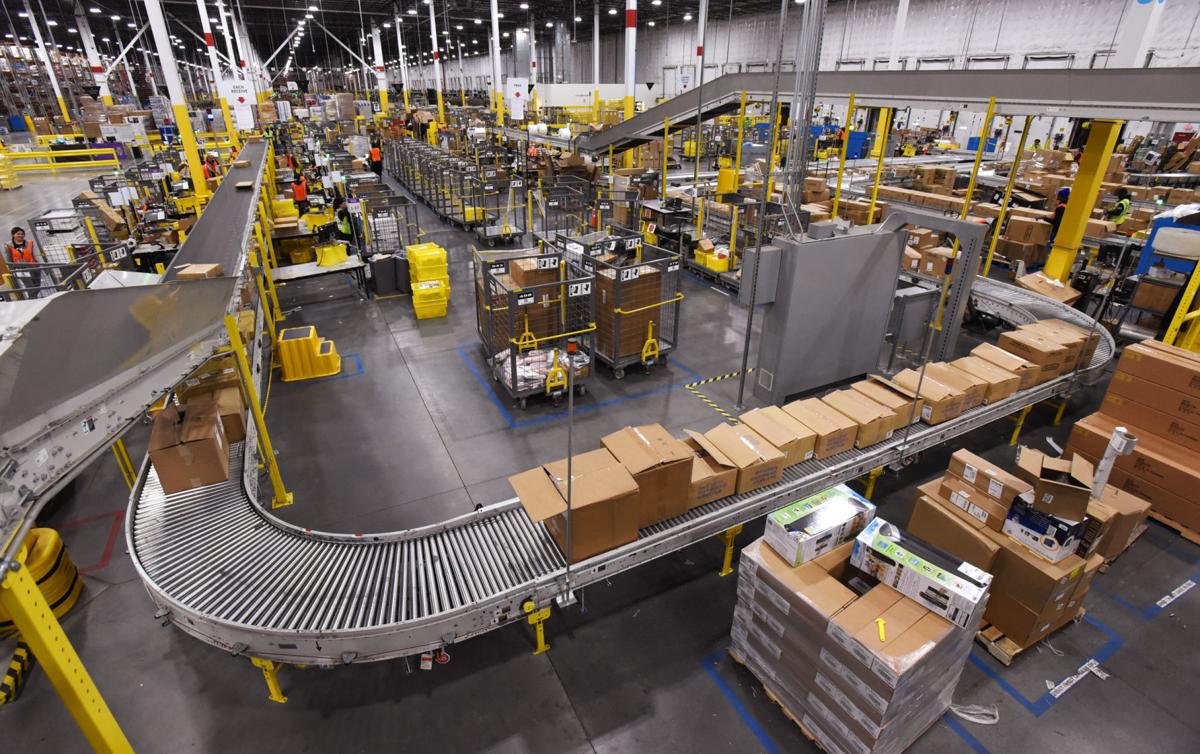Within the quickly changing landscape of e-commerce, organizations are continuously seeking ways to enhance their operations and boost customer satisfaction. One of the key components that have surfaced to assist this growth is the distribution centre. These facilities serve as the backbone of online retail, ensuring that products are stored, packed, and shipped swiftly to customers around the globe. As a growing number of consumers turn to online shopping, the need for efficient fulfilment solutions has never been more critical.
Fulfilment centres not only streamline the supply chain but also provide retailers with the flexibility needed to respond to market fluctuations. By outsourcing storage and distribution, companies can focus on their core functions, such as marketing and product development. The rise of these centres can be attributed to their ability to enhance operational efficiency, minimize shipping times, and maintain inventory accuracy, all of which are crucial factors in delivering a top-notch customer experience. As e-commerce continues to flourish, the role of fulfilment centres will undoubtedly become even more essential to success in the retail space.

Comprehending Order Centres
Fulfilment centers serve a critical role in the e-commerce landscape by enhancing the process of order fulfillment and shipping. These centres are purpose-built warehouses where online retailers keep their products before they are available to customers. By having a designated space for stock control and shipping operations, businesses can boost their efficiency and guarantee fast delivery times. This not only improves customer satisfaction but also helps retailers perform in a fast-changing marketplace.
At a fulfillment centre, different services are offered to assist the needs of online sellers. Such services include product storage, item picking and packing, dispatching, and returns processing. Advanced technology is often utilized to monitor inventory levels and manage orders efficiently. This means that retailers can focus on their core business activities, such as promotion and creating new products, while the fulfilment centre manages the logistics.
Moreover, fulfillment centres can serve to businesses of any size, from modest startups to big enterprises. As e-commerce continues to grow, countless companies are resorting to these centres to expand their operations more effectively. By utilizing the knowledge and resources of fulfilment centres, retailers can achieve greater adaptability, decrease operational costs, and ultimately provide a better shopping experience for their customers.
Impact on E-commerce Growth
Fulfilment centres act a key role in the growth of digital retail by simplifying the logistics plus delivery system. As online shopping keeps to increase, the demand for effective order processing has escalated, pushing companies to rely on fulfilment centres. Such facilities enable companies to handle high quantities of packages while cutting shipping times, which influences client happiness and encourages loyalty.
Furthermore, the scalability available with fulfilment centre s lets online retailers to respond rapidly to changing consumer needs. During busy periods, such as festivities or sales events, companies can increase their capacity to handle surges in demand without the necessity for major investments in infrastructure. This capability helps companies maintain a lead in the market and is crucial for enduring viability in the rapid digital marketplace.
In furthermore to enhancing functional effectiveness, fulfilment centres provide advanced technology and data analytics that allow businesses to optimize supply management. By taking advantage of these capabilities, companies can better forecast demand, minimize excess stock, and make certain that the right products are in stock at the needed time. This not only improves the shopping experience for shoppers but also fuels overall digital marketplace growth by permitting companies to concentrate on main functions.
Upcoming Developments in Logistics Services
As online shopping continues to evolve, so too will the solutions available by fulfilment facilities. One notable trend is the inclusion of advanced technology such as machine learning and robotics in distribution operations. These technologies are being used to optimize stock management, boost order fulfilment speed, and lessen human intervention. By leveraging data analysis, fulfilment centres can anticipate demand more effectively, ensuring that stock levels are kept effectively and buyers receive their orders in a timely manner.
Environmental responsibility is also becoming a core focus for fulfilment centres. As consumer concern around ecological issues increases, fulfilment solutions are adapting by implementing greener practices. This includes optimizing delivery processes to minimize carbon footprints, using sustainable packaging options, and investing in sustainable energy sources for their processes. These efforts not only cater to environmentally conscious consumers but also fit fulfilment facilities with broader corporate sustainability goals.
Finally, the increase of immediate and 24-hour delivery expectations has prompted fulfilment centres to rethink their logistics tactics. To meet these demands, many hubs are exploring smaller-scale centres positioned in proximity to city areas, allowing for more efficient delivery periods. Additionally, partnerships with local shipping services are becoming more frequent, enhancing the flexibility of fulfilment operations. This change toward quicker service will likely reconfigure customer preferences and influence the future landscape of fulfilment offerings in the digital commerce sector.
